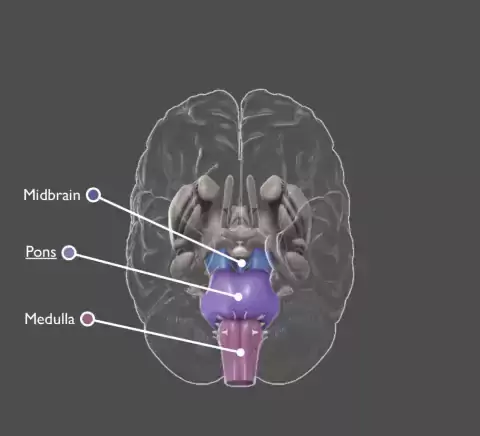MDS 3.0 Item F0700: Conduct Staff Assessment for Daily and Activity Preferences
MDS 3.0 Item F0700: Conduct Staff Assessment for Daily and Activity Preferences
Introduction
Purpose: In long-term care settings, understanding a resident’s preferences for daily routines and activities is critical for providing person-centered care. However, some residents may be unable to communicate their preferences directly due to cognitive impairments or other limitations. MDS Item F0700 assesses whether staff conducted an assessment to determine the resident’s preferences for daily routines and activities when the resident is unable to participate in an interview. This staff assessment helps ensure that the resident’s known habits and preferences are respected, even when they cannot express them directly.
What is MDS Item F0700?
Explanation: MDS Item F0700 is part of Section F: Preferences for Customary Routine and Activities. It documents whether the care team conducted a staff assessment to determine the resident’s daily and activity preferences, such as wake-up time, preferred activities, or social preferences. When residents cannot communicate their preferences due to cognitive decline or other impairments, staff observations, past knowledge of the resident’s habits, and input from family or caregivers are used to gather information. This item ensures that the resident’s care plan reflects their preferences even when they are unable to provide the information themselves.
Guidelines for Conducting and Coding MDS Item F0700
Conducting the Staff Assessment: If the resident is unable to participate in the resident interview for daily and activity preferences (Item F0300 through F0600), the staff must assess the resident’s preferences based on past knowledge, observations, and family input. Areas to assess include:
- Preferred wake-up and bedtimes
- Preferred meal times and food choices
- Activity preferences (e.g., recreational activities, socialization, or solitary activities)
- Spiritual or religious preferences
- Communication needs and social interaction preferences
Coding Instructions: The coding for MDS Item F0700 depends on whether staff conducted an assessment to determine the resident’s preferences when the resident was unable to self-report. The coding options are:
- 0 - No: No staff assessment was conducted to determine the resident’s preferences for daily routines and activities.
- 1 - Yes: A staff assessment was conducted to determine the resident’s preferences for daily routines and activities.
Example Scenario: If a resident is unable to communicate their preferences due to advanced dementia, and staff assess the resident’s routine based on observations, previous knowledge, and family input, you would code F0700 as 1 - Yes. If the resident’s preferences were not assessed by staff, you would code F0700 as 0 - No.
Best Practices for Accurate Coding
Comprehensive Assessment: Ensure that the staff assessment is thorough, taking into account not only staff observations but also input from family members or caregivers who may be familiar with the resident’s habits and preferences.
Documentation: Clearly document the sources of information used in the staff assessment, including past records, input from family members, and staff observations. Detailed documentation ensures that the resident’s preferences are respected in their care plan.
Communication: Share the findings of the staff assessment with the interdisciplinary care team to ensure that the resident’s daily and activity preferences are incorporated into the care plan. Regularly review and update the assessment if the resident’s condition or preferences change.
Training: Provide staff with training on how to conduct effective assessments for residents who are unable to communicate their preferences. Staff should be equipped to observe residents’ behaviors, identify preferences, and seek input from family members when needed.
Conclusion
Summary: MDS Item F0700 is essential for assessing whether staff conducted an evaluation of a resident’s daily and activity preferences when the resident is unable to communicate. Conducting this staff assessment and accurately coding the item helps ensure that the resident’s care plan reflects their preferences, supporting a person-centered approach in long-term care settings.
Click here to see a detailed Step-by-Step on how to complete this item set.
Reference
This guide is based on the CMS's Long-Term Care Facility Resident Assessment Instrument 3.0 User’s Manual, Version 1.19.1, October 2024, Page F-4.
Disclaimer
Please note that the information provided in this guide for MDS 3.0 Item F0700: "Conduct Staff Assessment for Daily and Activity Preferences" was originally based on the CMS's Long-Term Care Facility Resident Assessment Instrument 3.0 User’s Manual, Version 1.19.1, October 2024. Every effort will be made to update it to the most current version. The MDS 3.0 Manual is typically updated every October. If there are no changes to the Item Set, there will be no changes to this guide.
This guidance is intended to assist healthcare professionals, particularly new nurses or MDS coordinators, in understanding and applying the correct coding procedures for this item within MDS 3.0. Additionally, this guide refrains from handling personal patient data and does not provide medical or legal advice.










